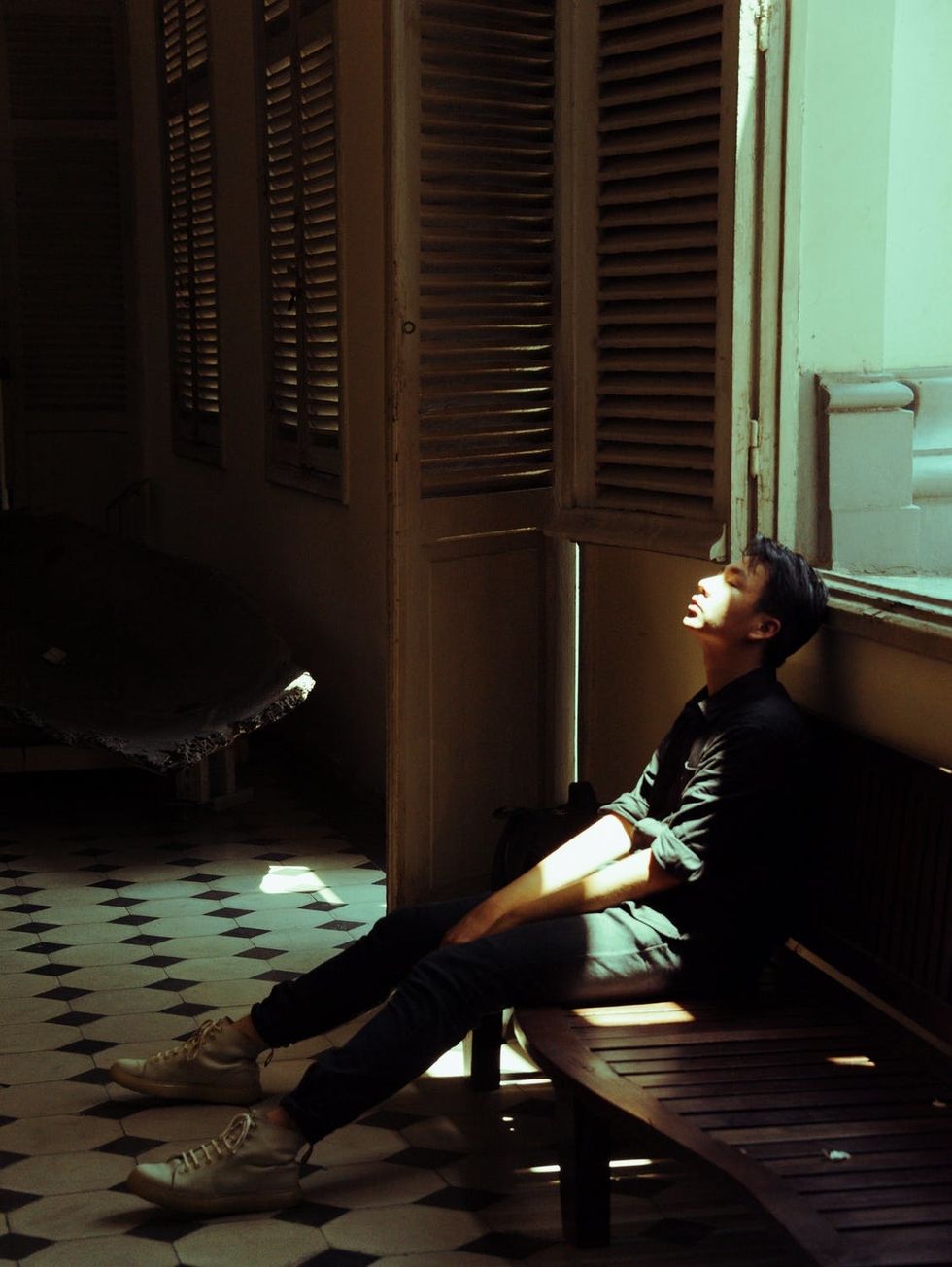"A cold, self-righteous prig who goes regularly to church may be far nearer to hell than a prostitute," writes C.S. Lewis in Mere Christianity.
I watched a sermon the other day by Pastor Francis Chan titled "Grace and New Year's Resolutions Don't Mix." In it was a relatively radical message, to me: the danger in making New Year's Resolutions is not failing at your resolutions, but succeeding at them.
Say, in the most prototypical example, you resolve to go to the gym every day, like everyone else. Say when the calendar turns to December 31, 2019, you have gone to the gym every day, you will feel pretty good about yourself. Your body will look at lot better, you'll feel a lot better, and you'll be a lot more in shape. You swell up with pride and confidence about how great you are for having gone to the gym every day. And then you start to feel special, like you're better than the people who failed at their resolutions.
For Chan and in the view of many, that feeling and swelling of pride is self-righteouness. The holier-than-thou sentiment of feeling accomplished and better than other people, well, is a Christian sin. Chan starts off the sermon asking his audience what the biggest sin is. The various evils in Judeo-Christian law are listed: adultery, sexual immorality, lying, cheating. But Chan dismisses these evils as the greatest sin not because they aren't bad, but because there is something much worse: self-righteousness.
Look into the gospels to see who Jesus presents most of his fury and rage. He is not angry at beggars, poor people, prostitutes, or tax collectors, like many in his society were. Instead, Jesus reserves most of his fury for the religious elite officials, the Pharisees. In Mark 12:38-40, Jesus tells us to "beware of the scribes...They will receive the greater condemnation." Matthew 23 is an entire verse of the Bible where Jesus dedicates himself to disparaging the various and plentiful woes of the Pharisees. The word "hypocrite" is used to describe the Pharisees six separate times.
Self-righteousness makes you think you're a good person, one who doesn't need to change anything or grow any part of his or her character. That is fundamentally untrue to any person in the world. We all have plenty of good in us, but also a lot of evil. Self-righteousness makes you believe that you don't sin, when everyone does.
According to Chan, Judeo-Christian law functions not only for us to follow it. Don't lie, don't commit adultery, and don't steal. But Jesus says in the Sermon on the Mount that "You have heard that it was said, 'You shall not commit adultery.' But I say to you that everyone who looks at a woman with lustful intent has already committed adultery with her in his heart." That means that we are all adulterers, much as we are also liers and thieves.
And that means we can't look to another person and look at their wrongs and sins and say, "well, at least I'm not as bad as that person." I will say that when I was younger, I used to think like that all the time. I used to see what other people were doing wrong in their lives, gossip about them, and share the same sentiment that "at least I'm not that person." I bathed then in self-righteousness, and I am ashamed to say that I once did, and sometimes still do. Despite whatever spiritual awakening I may have had, I am still not immune from occasional thoughts of "oh, at least I'm not that person."
Rather, the law functions for us to realize how often we break it, how often we sin. Chan argues that when we look at the law, we should also look in the mirror to realize how terrible and bad we are. When we do that, we become humble instead of self-righteous. Whether you believe in a higher power or not, the truth is that when you can see how great that higher power is, and how pathetic you are by comparison, then you will be absolved of self-righteousness. No, my self-righteousness has not gone away after a good night's sleep, but rather through continuous humbling experiences in which I realize how worthless, and how much I can't walk through life alone, without companionship, without family, without a savior.
So if we were to make New Year's Resolutions, we have to make them right. Let it not be about anything that makes us feel self-righteous. Go to the gym every day to better yourself, not so you can look better than your neighbor Joe across the street. Go to church every Sunday to bring yourself closer to God and community, but not so you can say you're better than Nick, who comes to church on Easter and Christmas.
If we are spiritual or religious, let's make resolutions that bring us closer to our faith. This year, I resolve to counter the self-righteousness I find in myself and seek to be more humble and grateful. Every day I want to pray and remind myself how lucky I am in every respect. I have faith, I have people, and I am alive. That's more than I could have said at any other point of my life. Woes will come, as they always have, and I deserve all of them and more, but they cannot shake how lucky I've been to come this far.
I could do worse than be a cold, self-righteous prig.

















